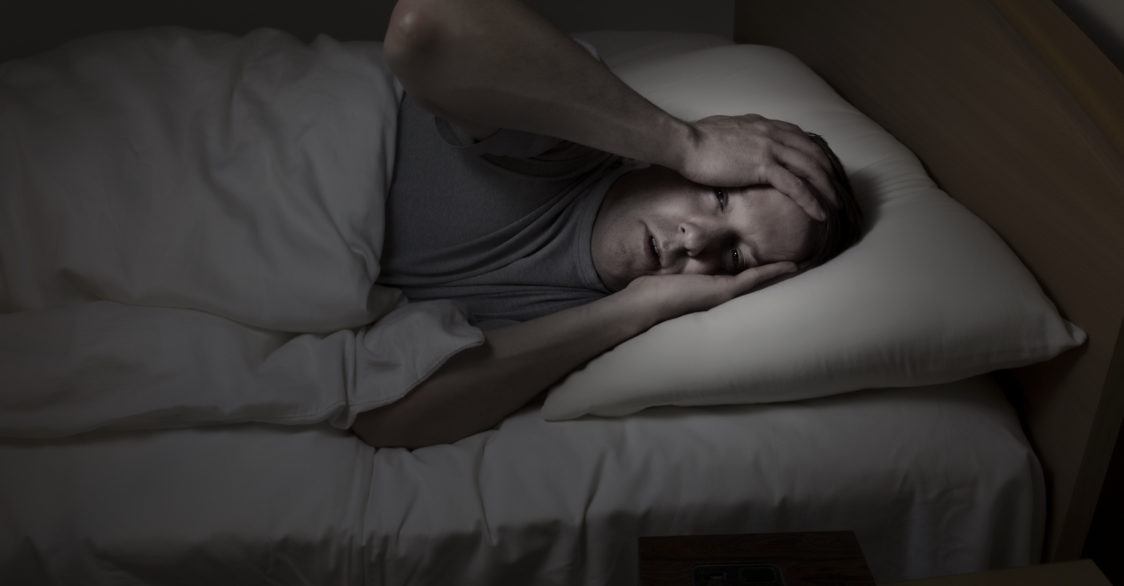Sleep and schizophrenia are more linked together than previously thought, according to a new study from the University of Oxford in Great Britain. In the past, the sleep problems that are associated with schizophrenia were believed to be the result of medications.
Dr. Russell Foster, a scientist specializing in circadian rhythms and neuroscience, studied 20 people with schizophrenia and had them wear devices that detected moments for six weeks in order to determine when they were sleeping or awake. Another 21 mentally healthy but unemployed adults also wore the devices. All 41 participants were asked to keep diaries of their sleep and activities.
There were vast differences between the two groups, in that the unemployed, healthy people kept regular sleep hours, but everyone with schizophrenia had problems with sleeping.
“What became very clear is that they are massively and completely disrupted,” Dr. Foster said.
Some schizophrenics went to bed early and got up late, others got up later and later every day, and the most severely affected had no 24-hour sleep patterns at all.
Based on his work with laboratory animals, Dr. Foster believes there is a genetic component to sleep-wake behavior. If a laboratory animal has a certain gene mutation that mimics human schizophrenia, the animal also has broken communication between the cells in its brain that set its body’s biological clock.
Similar problems with sleep and irregular circadian rhythms have been found in people suffering from bipolar disease. Bipolar disorder and schizophrenia are considered the two most serious mental illnesses, both of which can lead to psychotic breaks with reality.
“We want to look at individuals with full-blown conditions — bipolar, psychosis, schizophrenia– to try to develop therapies which will stabilize sleep-wake,” Dr. Foster said. “And at the same time look precisely at the impact we are having on their physiology.” Therapies might be light therapy, using hormones such as melatonin, and cognitive behavioral therapy.
The study appears in the British Journal of Psychiatry.




